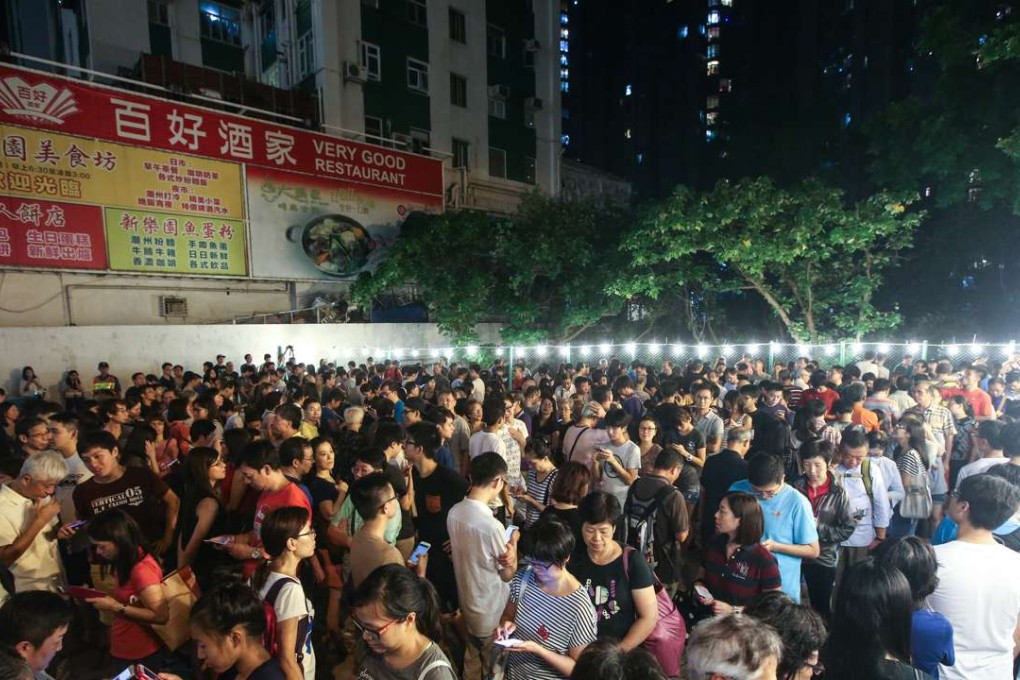Polls apart: how Hong Kong’s minorities-free politics contrasts with Singapore

Hong Kong likes to think of itself as a liberal, pluralistic and diverse society. But dig a little deeper and the picture is not so pretty. Our city’s racial harmony is not achieved through tolerance. Rather it’s mostly because our minorities rarely make noise or cause trouble. Instead of being integrated, they have been socially marginalised and politically underrepresented.
Public policies promoting integration range from inadequate to non-existent. But most of all, the attitude of many Hongkongers has been that it is not even an issue.
As Legco elections loom, city’s ethnic minorities are out in cold
For many local people, diversity just means having Chinese and Caucasians working in senior positions or studying at top schools. Ethnic minorities, such as those of South-Asian origins or from the Philippines and Indonesia, might as well be invisible.

Take the latest legislative polls, billed as pivotal to Hong Kong’s political future by all the mainstream parties. Fewer than half of eligible ethnic minority residents had registered to vote, compared with 74 per cent of the general population. One in two minority registered voters said they had no intention of going to the polls, either because they didn’t know how to do it or because they failed to find anyone who would represent their interests.
More than half of Hong Kong ethnic minority electors likely to vote, but many others don’t know how to register
And they were right. Of the nine so-called “super seat” candidates, for example, only two included minority issues in their policy platforms. Virtually all of their campaign leaflets were produced in Chinese.